The World Bank yesterday approved a $3.75 billion loan for a new coal-fired power plant in Limpopo, South Africa. Named Medupi, the 4,800 megawatt plant will draw on South Africa’s abundant sources of coal to provide power for an increasingly … Continue reading “The Will to Power”
By Ernest Larsen and Sherry Millner. The bus from Phnom Penh to Siem Reap makes its routine rest-stop in Kampong Thom, a dusty bustling provincial town. From the open-air restaurant, where we consume a quick bowl of pho, Sherry points out that the street corner sign reads in English: “Democrat Street.” I take a quick photo, noticing that we are in fact at the eternally imperiled corner of Democrat Street and National Road.
By Ernest Larsen and Sherry Millner. Travel: Getting from this place to that place in one piece. We arrived in Phnom Penh on the so-called fast boat from Chau Doc, a mere six hours upriver, and weighing at least two kilos lighter, after the slow/fast sweatbath in the ever-increasing heat. At the Viet/Cambodian border, a minor blip with Sherry’s passport might well have sent us back downriver.
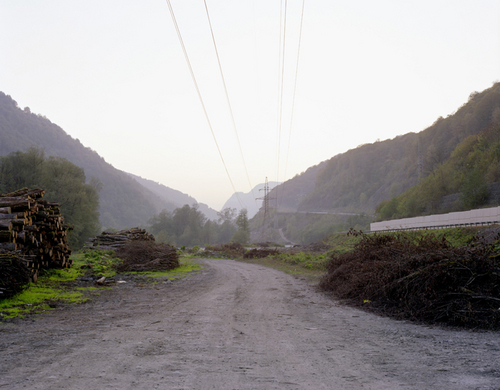
The simple three steps required to escape the greenhouse-gas governance gridlock between global and especially US elites are easy to see, though United Nations officials and nearly all the world’s climate negotiators refuse to take them: • Make dramatic … Continue reading “Circumventing the climate cul-de-sac: Charleston-Cochabamba-Caracas versus Kyoto-Copenhagen-Cancun”
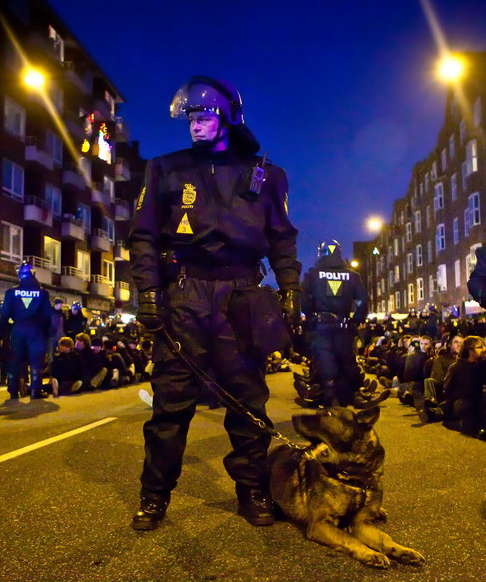
Scene: The dark, vaguely panoptic courtyard of Vestre Faengsel, one of the ‘correction facilities’ that has been turned into an aptly named ‘climate prison’ for the duration of the ‘COP15’ United Nations Conference on Climate Change in Copenhagen. The ‘climate … Continue reading “Minority report from Copenhagen”
Those in the London area over the next two months may want to check out this seven-week long series of artist residencies on the theme of art, action and activism at the Stanley Picker Gallery in Kingston.
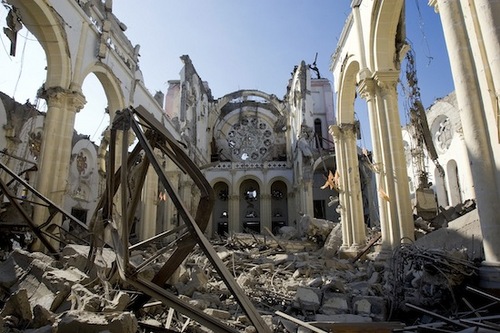
The catastrophe of January 12th is beyond human comprehension. In fact, it is beyond imagination, in the very precise sense that you cannot want to imagine it. But it is also produced as incomprehensible by the media: dead black bodies, wherever you look. People without names, without history, without location: mere bodies, all black, all shoveled into mass graves without much ado. So different from our protective sense of bodily integrity in the North; yet familiar, since it is Haiti: exposed to a gaze which at times borders on the pornographic, a country up for grabs.
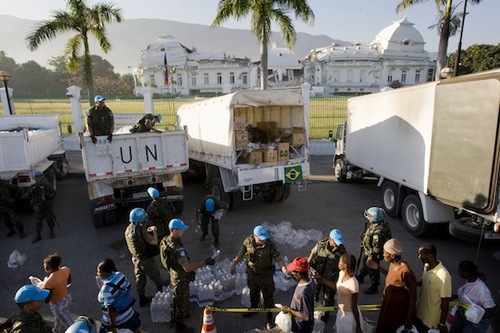
The human rights community has been sharply split over Haiti since the late 1990s. From one perspective, Haitians’ main problems consisted of civil and political rights violations–brutal tactics used by leaders once beloved by all, corruption in ministries, and the … Continue reading “Partnering for Rights: Rebuilding Haiti after the Earthquake”
Introduction: The Wu Ming Foundation is a collective of four self-described “guerrilla novelists” based in Bologna, Italy. The collective was born in 1994, when hundreds of European and South American artists, activists, and pranksters hijacked the name of a Black … Continue reading “'We Get More Ambitious:' An Interview with Wu Ming”
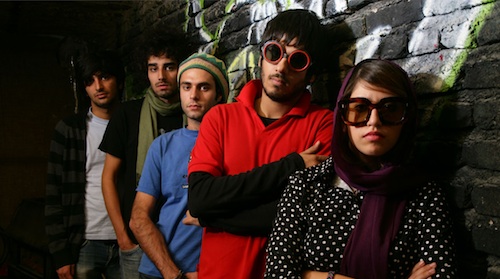
“They sentenced us to thirty years of boredom, trying to change the system from within” (pace Leonard Cohen) Simple-minded Web 2.0 gurus latched on to the summer of discontent in Iran as the “Twitter revolution”. But such technological determinism belies … Continue reading “Thirty years on: The Iranian summer of discontent”






